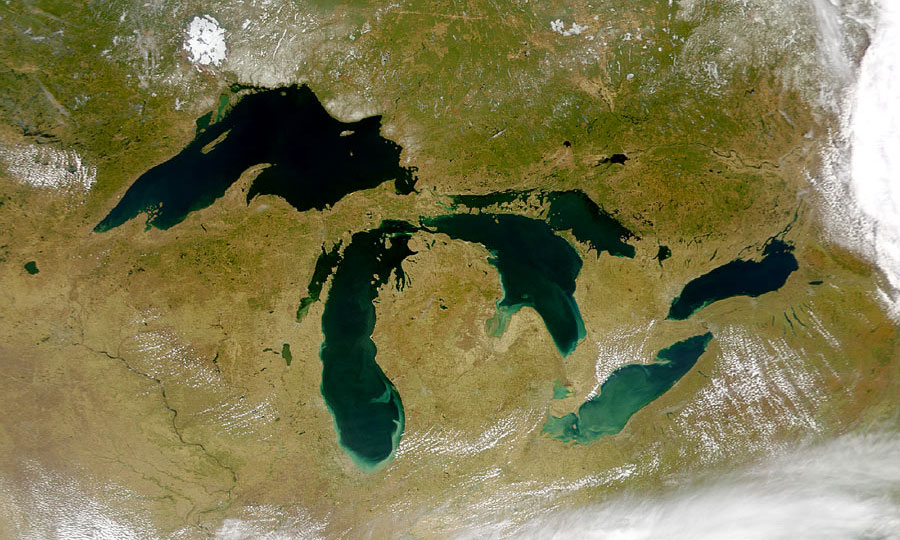Continuing our focus on Indiana P2 programs, the Clean Manufacturing Technology Institute (CMTI), based at Purdue University, provides technical assistance, outreach, education, planning services and research to facilitate the adoption of pollution prevention/clean manufacturing strategies by Indiana manufacturing facilities.
CMTI offers assistance in all manufacturing sectors, but has special expertise in plastics (including fiber reinforced plastic), wood products, metal finishing, metal and plastic coatings, foundries and motor vehicle parts manufacturing.
CMTI co-founded (in 1996), and continues to manage, the Coating Applications Research Laboratory (CARL) on the Purdue campus. The lab allows manufacturers to test state-of-the-art coating and curing technologies under the guidance of CMTI engineers expert in their application. CMTI also offers ISO14001 Environmental Management Systems (EMS) services businesses and government entities. Training and energy efficiency assessments are also provided by CMTI.
Check out the CMTI web site for an archive of Technology Transfer/Pollution Prevention Case Studies. You can also browse the CMTI Clearinghouse Bibliography online.

 builder or remodeler is provided green building training, registers the project, completes a checklist, designs the project, gets construction plans reviewed, and the project is built. Before, during and after construction, a third-party rater tests the home and verifies performance to MN GreenStar standards. Upon passing, the home receives Minnesota GreenStar certification at either a bronze, silver or gold level of achievement.
builder or remodeler is provided green building training, registers the project, completes a checklist, designs the project, gets construction plans reviewed, and the project is built. Before, during and after construction, a third-party rater tests the home and verifies performance to MN GreenStar standards. Upon passing, the home receives Minnesota GreenStar certification at either a bronze, silver or gold level of achievement.